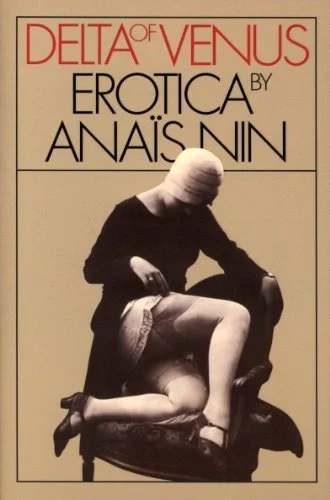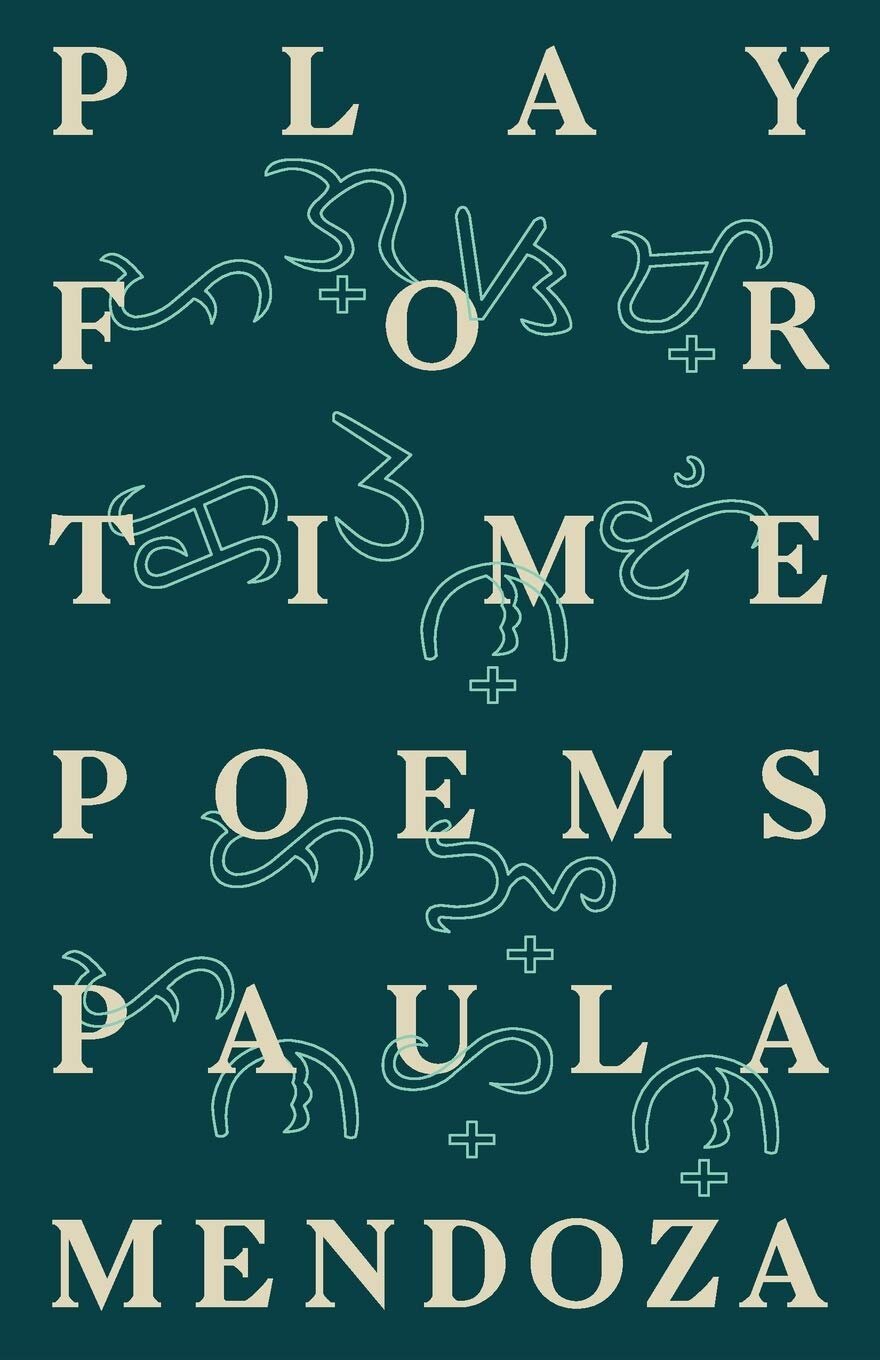I picked this book up at a Guatemalan bookstore based off the title and premise alone, and I was blown away. My interest in erotic literature started with Anais Nin earlier this year, where I was surprised that something that was ostensibly smut could have so much to say about intimacy, queerness, and relationships, veering into the unsayable aspects of human experience. I entered Pornografia para piromaniacos piqued by its inciting incident: the suicide of a gay Latinx porn actor and closeted trans woman that rattles the industry. The novel follows two characters, Pedro and Jeff, in the aftermath of this loss. Both are aging porn stars struggling to adapt to a gentrifying San Francisco, an ever-evolving queer culture, and unsatisfying relationships.
Pedro sees himself as the breadwinner for a nonbinary trophy husband, who is also a porn actor, who manages Pedro’s social media platforms, as well as his own up-to-date queer influencer channel. Through their relationship, porn scenes, and flashbacks we learn about the traumatic origins of Pedro’s queer discovery and the dark circumstances of his migration to the United States from Mexico. Pedro lives his life in fear of cancellation, as he has seen many of his peers go down for a mix of different toxicities. His precarious economic well-being depends on his reputation, and the pressure makes him act out violently periodically throughout the novel.
Jeff, on the other hand, is reeling from a heartbreak with a closeted baseball star. While Pedro’s excellence and hotness provides him with a sense of power and purpose, Jeff’s relationship to pornography and sexuality feels more reflexive, an escape he cannot wield with discipline. Interestingly, Jeff was raised by two lesbians who hate pornography. Jeff and his parents make faint efforts to rekindle their relationship, as Jeff’s musical stardom begins to rise. Jeff’s musical allusions flood the novel, providing several playlists worth of listening material that will dizzy anyone unfamiliar with 90s rock. I spent a lot and not enough time looking up songs and listening to the soundscape they provided. Like Pedro, Jeff also violently lashes out against those who betray him.
The novel is full of sharp observations. Porn scenes have the bawdy, campy language of porn scenes, but manage to do more than simply convey raw masculine lust. The scenes often intersect with challenges in the actors’ personal lives, frequently include complex and/or traumatic dynamics between actors and directors, and trigger devastating and soulful flashbacks. Bruciaga manages to say something heartbreaking and ugly about masculinity through these scenes. Bruciaga conveys brutality with tenderness.
Pornografia para piromaniacos ends with pessimistic conclusions on masculinity and its toxicities. There is something about Jeff and Pedro’s many rants in the book, however, that give me a sense of hope. If the voices of aging queers continue to be silenced or disappear as times shift and their voices become inconvenient to some, the book provides a space where the voices of some of our queer elders can be heard. They provide some well-argued critiques of contemporary queer culture, even if they as characters fall victim to their own toxicities, ultimately proving themselves wrong.
I’m on the lookout for more erotic novels this brilliant. Sex undergirds far too much of human life to not read writing about it seriously. I would love to translate it one day… it’d be a dream. 5/5







